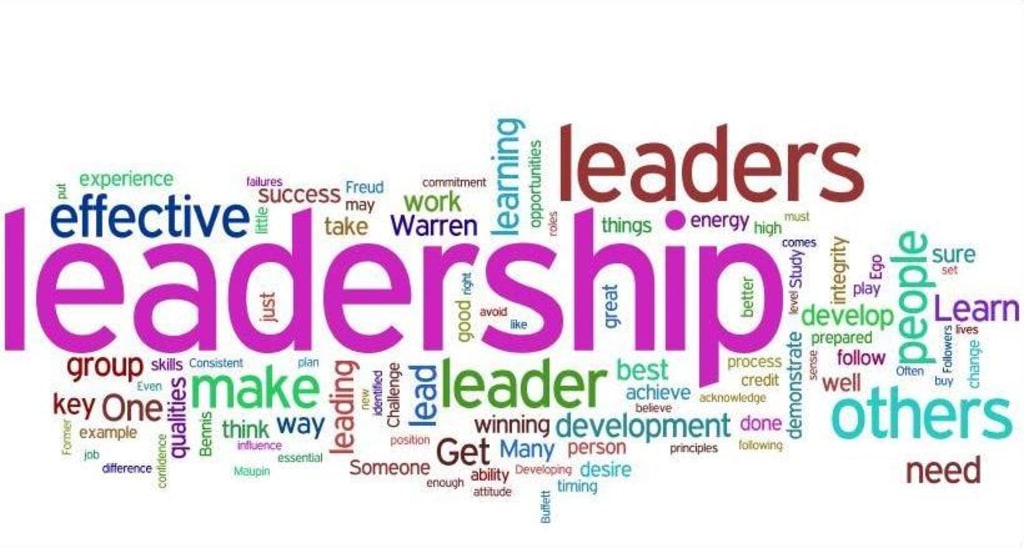
Implementing Leadership Theory
Every day I skim through various blogs and read about leadership. While I enjoy reading about a wide array of topics, leadership is the one subject I follow closely. Following blogs about leadership assists with providing perspectives I may not obtain through academics alone. Pursuing a doctorate in business administration provides the opportunity to study and research this topic which has ignited my passion about leadership. From LMX, Theory X Theory Y, Authentic, Situational, Transformational, Pseudo – transformational, servant-leadership (one of my favorites), transactional, authoritarian, and plenty more, each theory has its unique perspective on leadership styles.
Leadership Theory
Leadership theory appears to be a moving target in my estimation. Over time various theories have evolved and I assume we will continue to see leadership theory evolve along with social evolution. Merely defining leadership can be a challenge. Ask anyone how they define leadership and you will most likely get a different answer from each person. Some answers may be similar while others interpret leadership quite differently. Scholars also provide variations in their interpretations and I am always fascinated by these various perspectives. Inevitably, the term leadership will carry a descriptor such as effective, great, good, and so on. In each interpretation and with any descriptor, we do find commonalities in attributes, traits, characteristics, and behaviors that we prefer in leadership. Leadership theory partly assists us with categorizing and defining the type of leadership styles that promote success.
Leadership Performance
Leadership is often associated with success and rightfully so. Whether we refer to social movement, organizational success, technological advances, political causes, and so on, we can often tie success to leadership. While this statement is filled with assumptions because it is a broad statement and is not an unbeatable argument, I do think this generalization is solid enough to continue to my point. My point relates to the traits, characteristics, and behaviors we desire in our leadership. I will touch on a few points but will do my best to avoid getting long winded:
• Inspirational
• Effective
• Positive
• Self-confidence
• Charisma
• Transparency
• Intelligence
• Integrity
• Ethical
• Emotional Intelligence
• Adaptable
These are a few descriptors of the traits, characteristics, behaviors, and attributes often associated with great leadership or effective leadership. The million-dollar question is, how do I become a great leader and how do I incorporate these various qualities into my leadership?
Application
Three leadership theories appeal to me most, servant-leadership, transformational leadership, and authentic leadership. The reason is each of these theories are based in leadership styles that stems from the composition of a person’s being. I believe that great leaders do not merely demonstrate those types of traits and behaviors, but they live those awesome qualities. Which means we do not merely act out the desired behaviors we see in great leadership, but we become those types of people if that is not already the case. Good or great leadership is more than copying characteristics of a leader, but living a life built on positivity, integrity, tenacity, determination, and all the attributes it takes to be a good or great person and extending that into your leadership style!
While there are far too many generalizations in this blog for my liking, I do think I can use it as a starting point for future articles. I think we are barely scratching the surface here, but I also believe understanding our individual ontology defines the true nature of our leadership styles…
About the Creator
Jesse J. Rivas
When I was 5 I read Chariots of the Gods. Then Sasquatch, The Bermuda Triangle, finally The Lord of the Rings.
Stephen King, Dean Koontz, they blew the walls off of reality, this is where I find my self, exploring various realites.
Enjoyed the story? Support the Creator.
Subscribe for free to receive all their stories in your feed. You could also pledge your support or give them a one-off tip, letting them know you appreciate their work.






Comments (1)
People define leadership through the lens of their own experiences. It's important to be able to pivot your approach to get the most from your team.